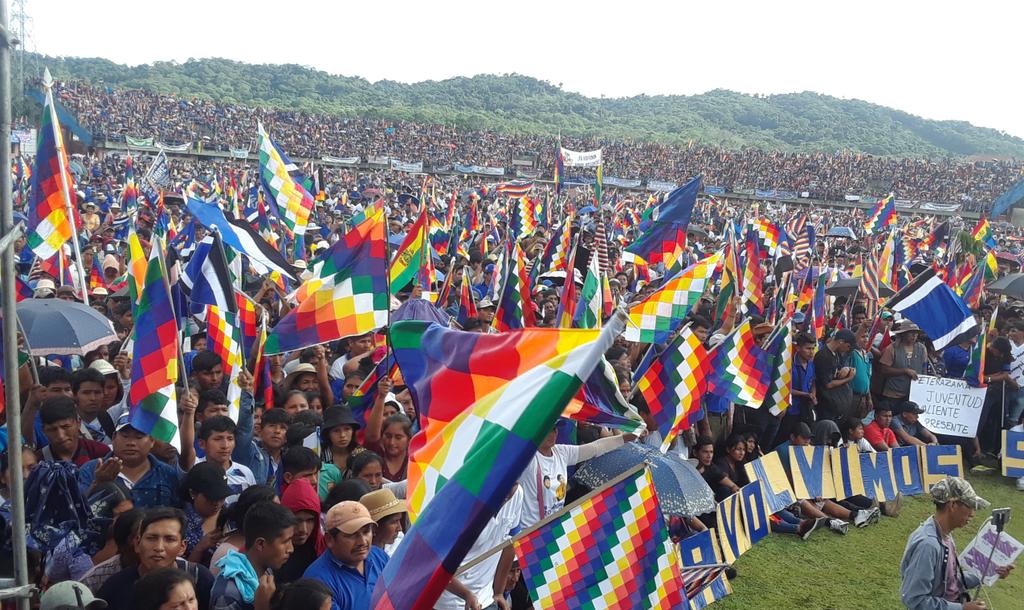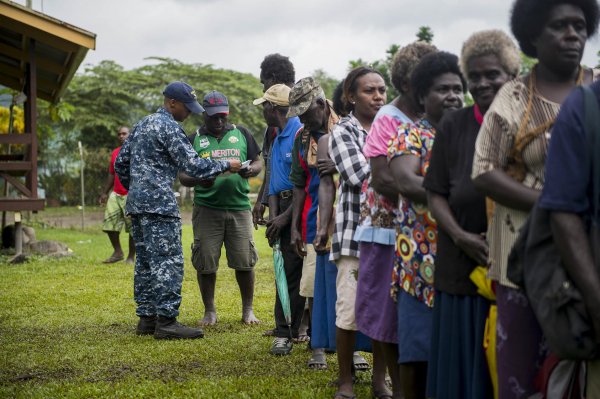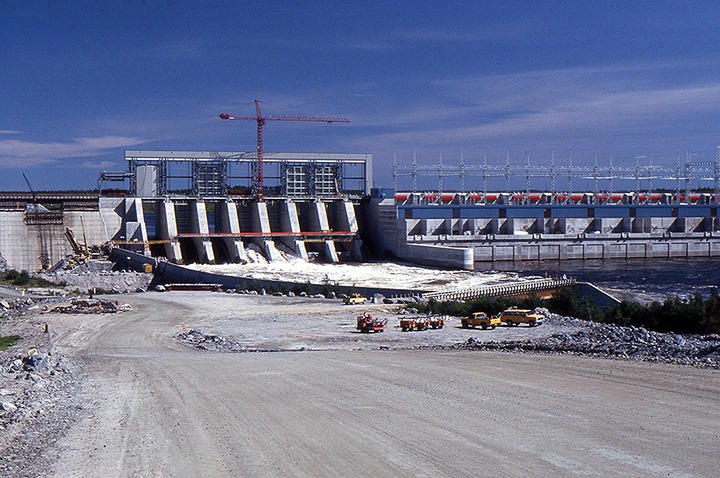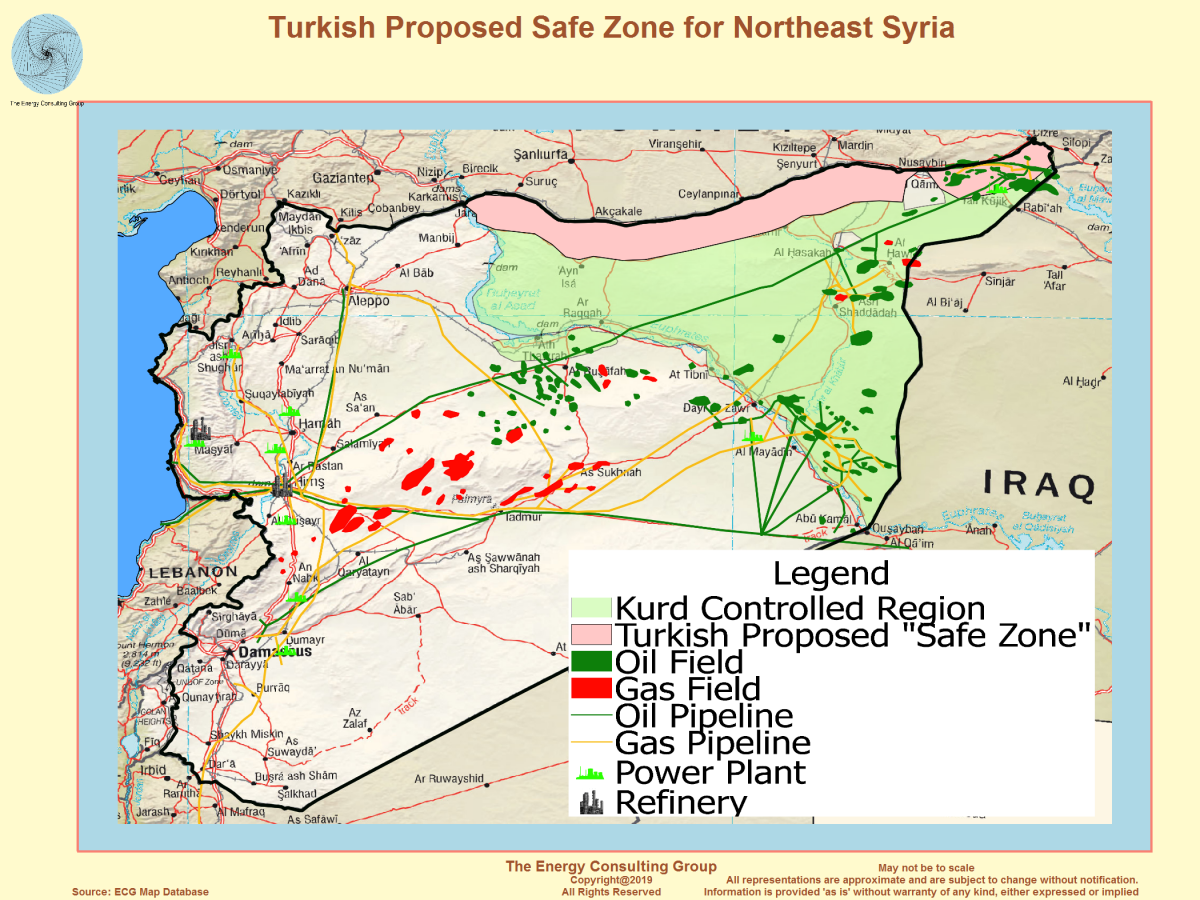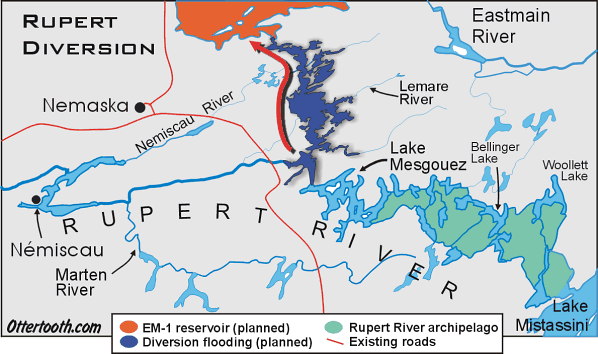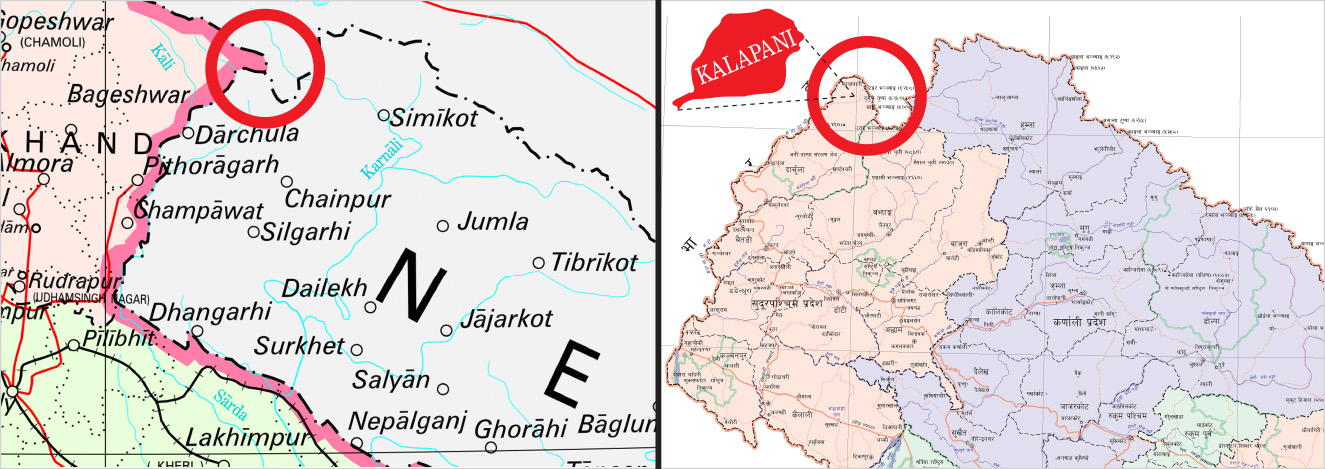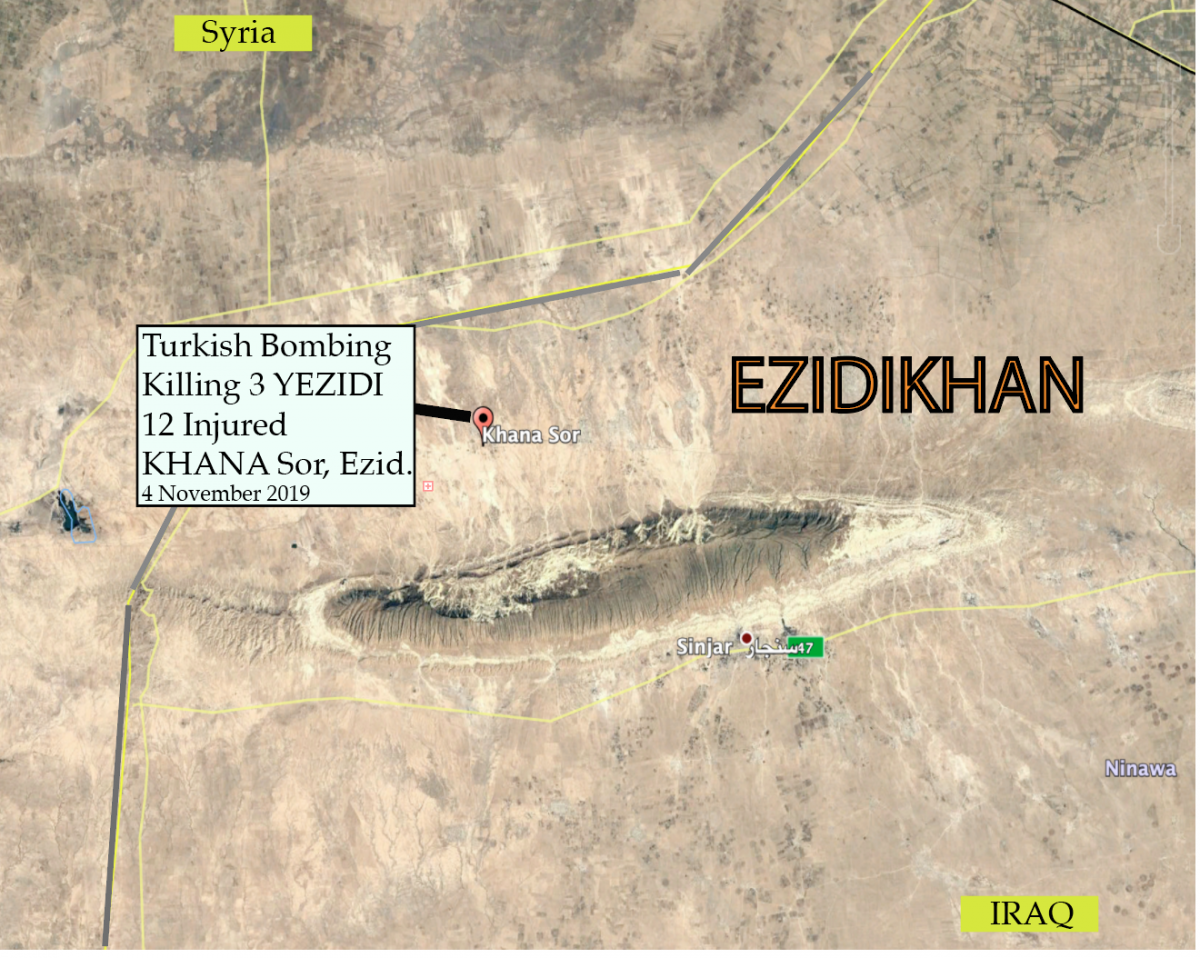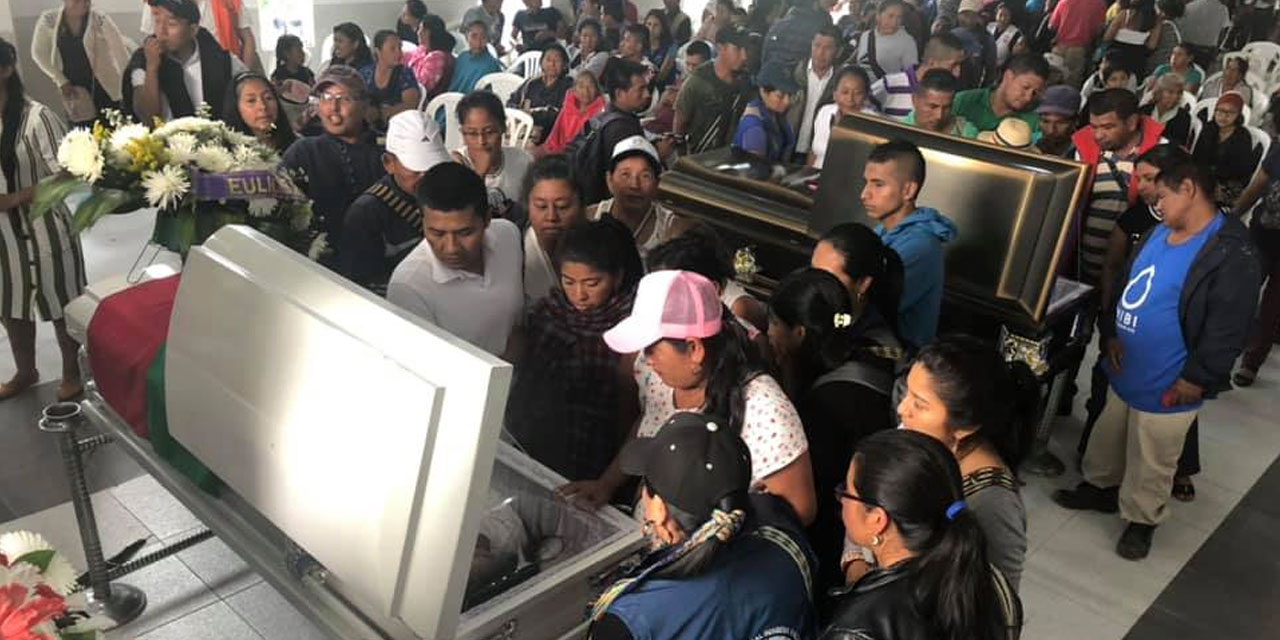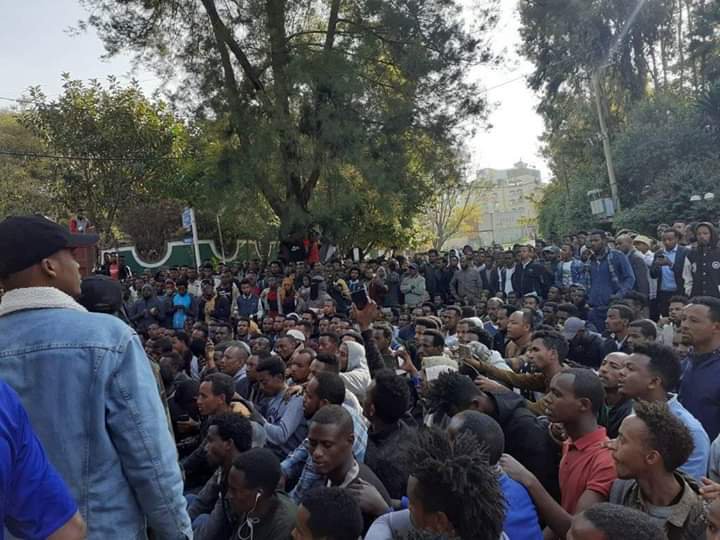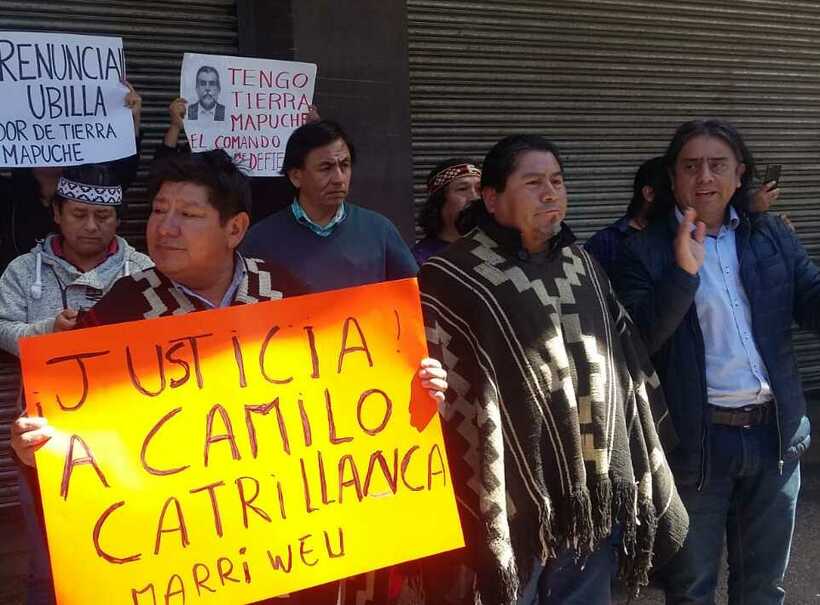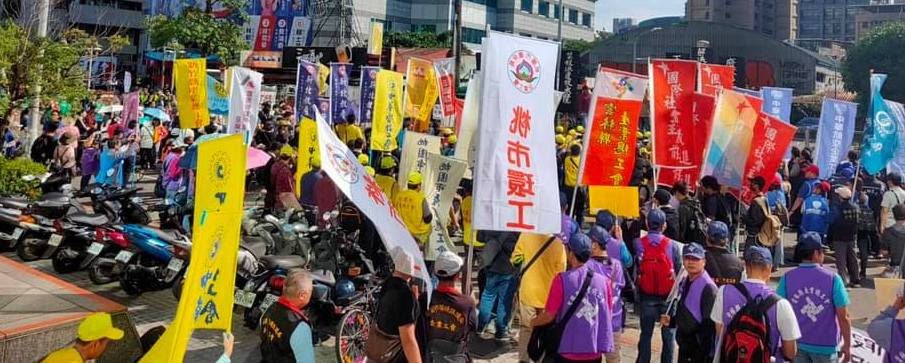
Taiwan repudiates fascist world order
Following a bitter campaign dominated by “fake news” generated from China and punctuated by sexist personal attacks on President Tsai Ing-wen, the incumbent was re-elected, overwhelmingly defeating Han Kuo-yu of the Kuomintang (KMT). Tsai, of the Democratic Progressive Party (DPP), received the highest total ever recorded for any candidate in a presidential election in Taiwan. With Han and the KMT calling for closer integration with China, the repression in Hong Kong was an inevitable and pressing context in the vote. The populist Han, described as Taiwan’s Donald Trump, cultivated an “everyman” image despite his own lavish lifestyle. But his closeness to Beijing led to fears that the KMT was willing to accept a “one country, two systems” solution for Taiwan—just as this model was collapsing in Hong Kong. (Photo of Workers’ Struggle demonstration in Taipei via New Bloom)




